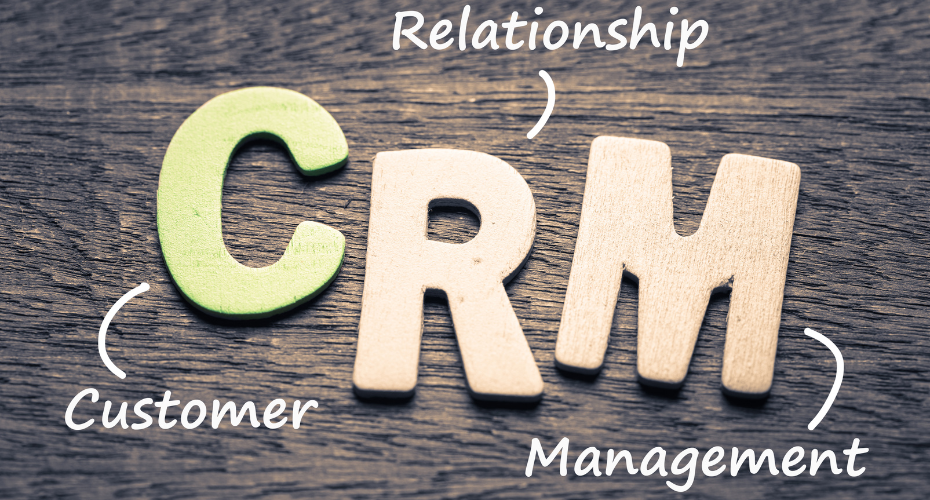
Modern CRM systems have been developed to evaluate big data analytics for proper customer insight statistics. To earn customer loyalty, an organization must learn about its customers’ purchase routine through an ever-increasing array of channels: the web, mobile phones, email, social media, e-commerce, contact centers and through bricks and mortar outlets. People and process design must come before any successful implementation. Effective communication about the advantages of modern CRM systems, training and significant development of a new collaborative culture is essential before the technology can be implemented effectively. When compared to the paid media evolution over several generations, from print media to radio to TV, to the many co-existing digital formats of today, customer relationship management is considered antiquated, yet effective to its core.
CRM is multichannel and no longer confined to direct email services. It encompasses push and in-app messaging, SMS, addressable display and social, as well as messaging apps embedded on a site or in social media platforms like Facebook Messenger. At the core of any CRM program is a robust set of customer data. Modern CRM combines the historical demographic and purchases history with cross-channel permissions and engagement across all channels, from the perspectives of both marketing and customer support. It allows for personally identifiable information (PII) and anonymous data to be stored until a link between the two can be identified and then connected to enhance knowledge. Modern CRM is powered by data across all of an enterprise’s business lines. This consolidation gives companies the ability to look at the entire customer base and leverage information gathered from one phase for another purpose within legal boundaries. The ease of accessibility of the data, almost anywhere, anytime, is a key tenet of modern CRM. The point of consideration is the expectancy of Modern CRM to leverage the latest enterprise data at every touchpoint.
CRM and loyalty tend to be completely different programs. Yes, there should be initiatives that are specific to loyalty programs, but modern CRM takes the loyalty data into account and decides the desired action for every touch point or campaign. Your customer data allows you to identify your best customers and to develop a customer strategy for a better conversion rate. When people are on owned properties such as a website, your ability to entice visitors to sign up, fill out, download, etc. are enhanced by the previous customer experiences.
CRM data and the knowledge of what has worked at the enterprise level, in conjunction with enterprise decision-making, allow us to make the best choices to convert a browser or prospect into a hand-raiser, a customer, or a full-fledged advocate.


